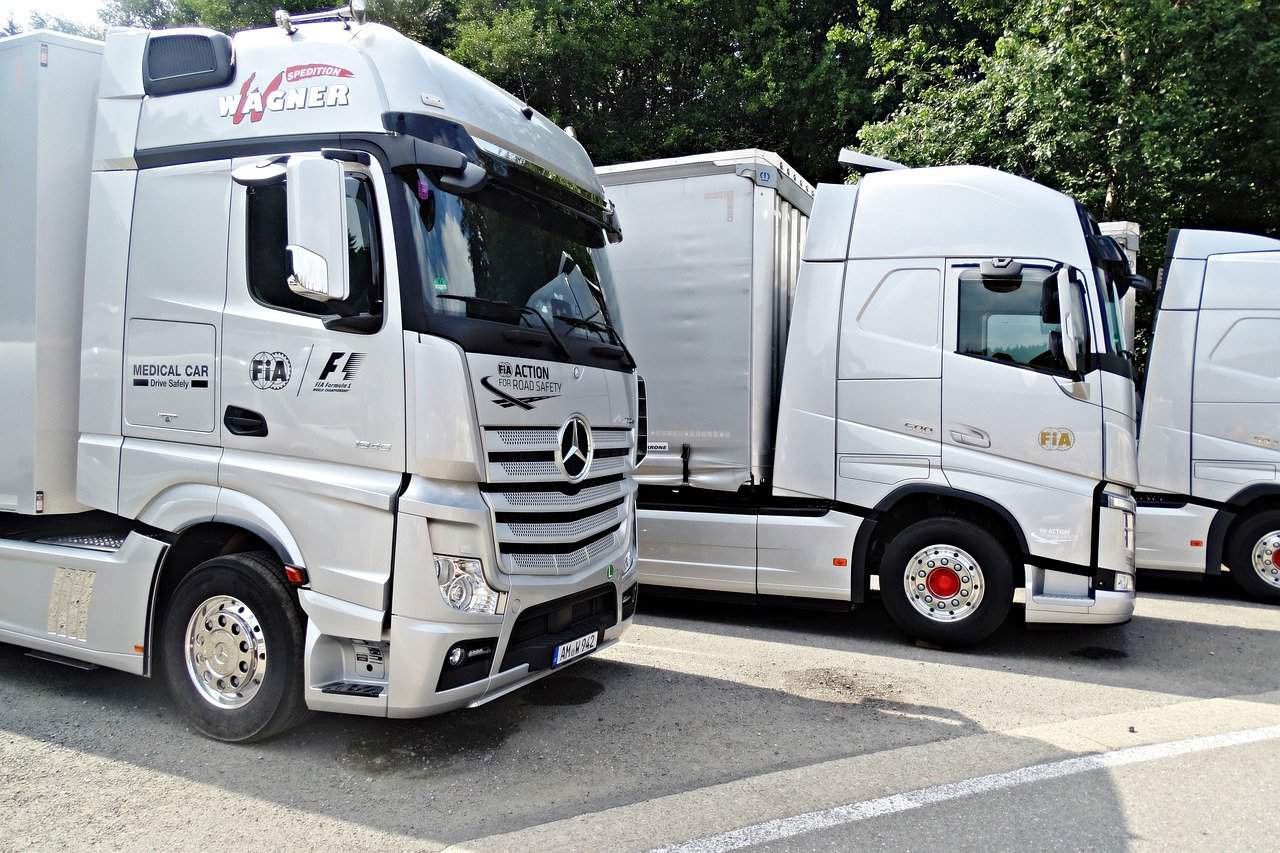A close-end lease is a traditional lease that is a great option to get started as a trucker. Private car owners most commonly use closed-end leases, but in some cases, they are available to commercial drivers as well. A closed-end lease simply means that the lessee has no obligation to purchase at the end of the contract period.
Here’s what you need to know to see if closed-end leases will work for you:
How Does a Closed-End Lease Work?
A closed end lease is a simple lease contract for a period of months or years with a set monthly payment. They are most often used on vehicles. It is called closed-end because at the end of the lease contract the lease holder has no further obligation. These can also be called walk-away leases.
Some fleet leasing companies specialize in commercial vehicle leases. Depending on the lease terms, there may or may not be an option to purchase the vehicle. In either case, with a closed end lease, the lessee would generally only want to exercise a purchase option if the value of the lease has increased.
Closed-end leases may include a mileage limit or a requirement to pay a fee beyond a certain number of miles. This is important to note for truckers and vehicles used for commercial purposes.
How Are Closed-End Leases Structured?
Closed-end leases are structured as a standard lease, usually from 12 to 48 months in duration. If the vehicle depreciates in that time, the lessee of a closed-end lease is not responsible for covering the difference. There is often a penalty for terminating the contract early.
What Are Your Options at the End of a Closed-End Lease?
At the end of the lease, you may have the option to purchase the vehicle at its current market value or an amount specified in the contract. If the vehicle has a lot of wear and tear, or you’ve exceeded the mileage limit, you may be responsible for paying a fee.
Does a Closed-End Lease Affect Your Credit?
Yes, a closed-end lease can affect your credit score. Depending on your total debt, as long as you pay the lease on time each month, it should not hurt your credit score. Paying off the lease early may negatively impact your credit score.
Things To Consider With a Closed-End Lease
Whether a closed-end lease works for you can depend on a variety of factors. Here are a few to consider.
Mileage Requirements
Many closed-end leases include maximum allowed mileage without a penalty. If you’re leasing for a hauling or trucking business, you may exceed mileage minimums and be required to pay fees.
Depreciation
Most vehicles depreciate over the lifetime of the lease. With a closed-end lease, the leasing company will project average depreciation. If the vehicle depreciates more than this, you will not face the loss. However, if it depreciates less and you have a purchase option, that can be a favorable situation.
Payments
Payments must be made monthly or according to the contract and agreed-upon payment schedule. Missed or late lease payments can harm your credit score.
Low risk
With a closed-end lease, you don’t take on the burden of loss or depreciation of the vehicle.
Advantages of a Closed-End Lease
Closed-end leases work for many people. Here are a few advantages.
Predictability
If fixed monthly costs with a set rate and terms reduce your worry about a vehicle, a closed–end lease is a good choice.
No Obligations
With a closed end lease, you have no obligation to purchase the vehicle at the end of the terms. You don’t have to worry about the asset’s depreciation.
Affordable Value
Closed-end leases are available for high-priced vehicles from new private vehicles to large commercial vehicles. Compared to the price of purchasing a vehicle new, a lease is a low-cost way to make use of the vehicle for a set term.
Disadvantages of a Closed-End Lease
While many people appreciate the value of a closed-end lease, there are a few cons to keep in mind.
Not Building Asset Value
The monthly lease fees are money out the door – with nothing to show for it in the long term. If you prefer to purchase a vehicle and have an asset of some value, a closed-end lease doesn’t make sense.
Tiered Fees
Tiered fees can apply to mileage limits or other fees. This can increase the total cost and be impractical for certain situations.
Maintenance Expenses
The lessee will be responsible for standard maintenance. In some cases, such as excess wear and tear, you may be charged additional maintenance fees.
Closed-End Lease vs Open-End Lease
Here’s the difference between an open end lease vs closed end lease: an open-end lease is the opposite of a closed-end lease. In this type of contract, the lessee guarantees the value of the vehicle and is responsible for paying the difference between the vehicle’s residual value and market value.
Closed-end leases put the burden of the expense of the vehicle’s value on the leasing company, while open-end leases put that burden on the lessee. There are pluses and minuses to each.
Is a Close End Lease Right for You?
A closed-end lease is a simple structure to obtain a vehicle for less than the purchase price. The fixed monthly fees and terms make managing business or personal finances more predictable. If you need a vehicle quickly, without long-term worry for depreciation, a closed-end lease can be an ideal solution.


